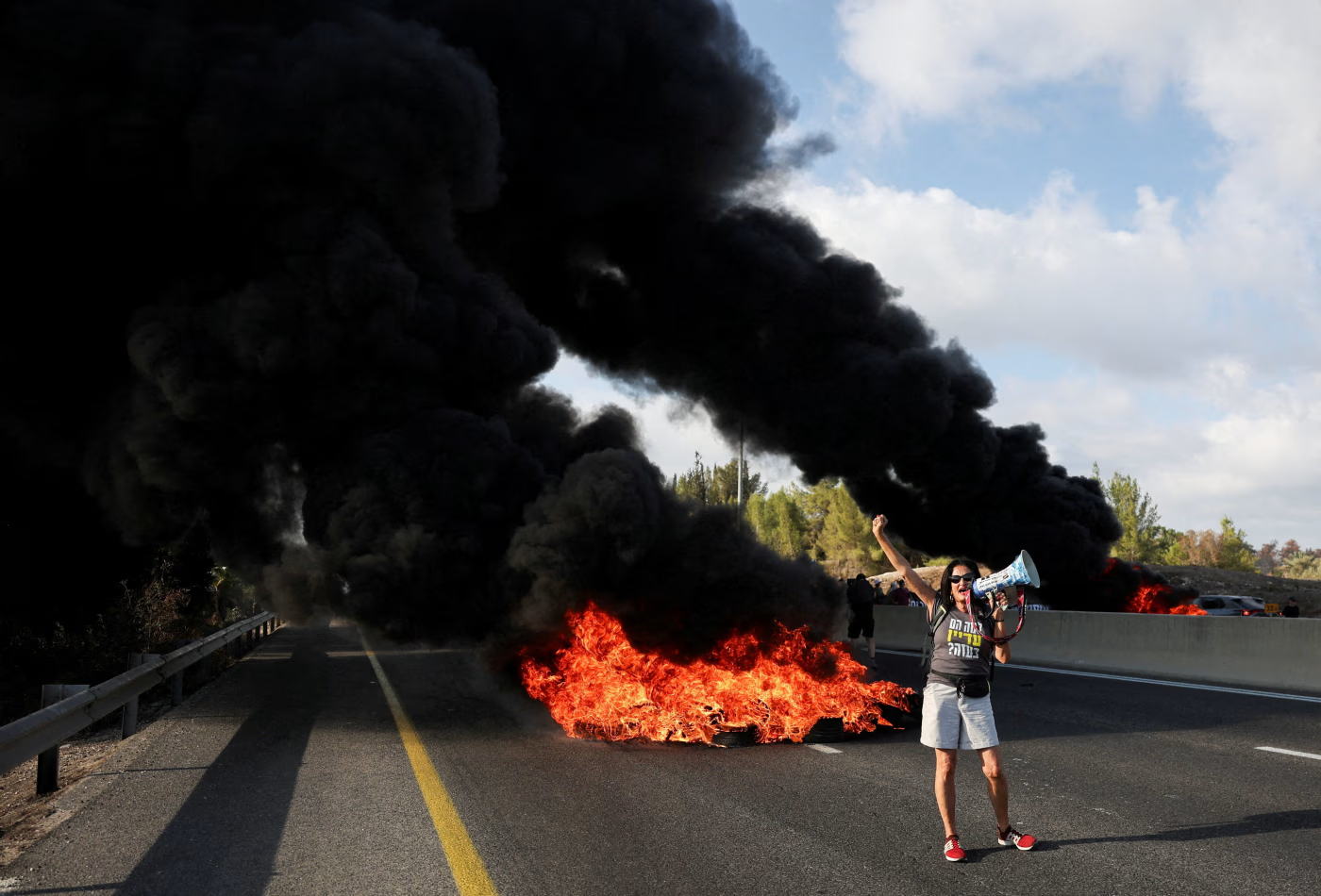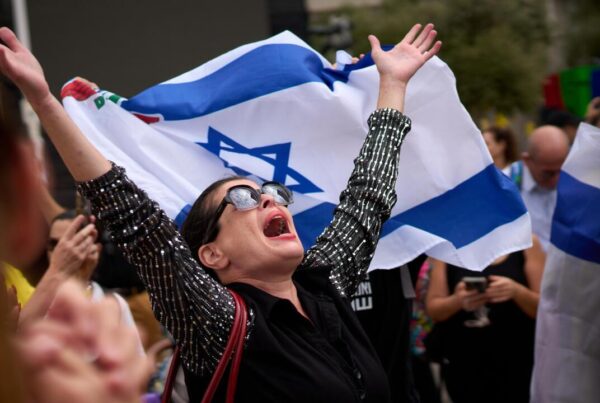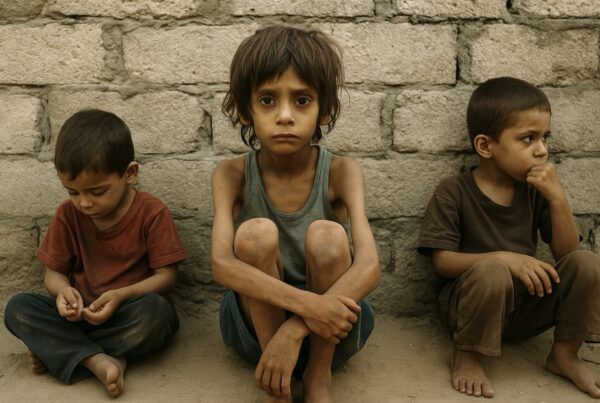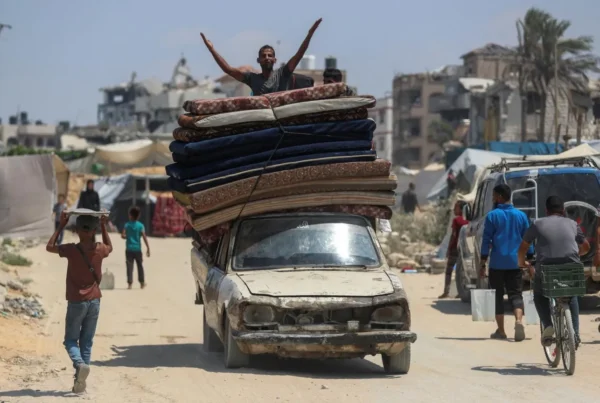Thousands of Israelis poured into the streets and halted daily activities in a nationwide strike demanding an immediate end to the Gaza war. The demonstrations, held across major cities, reflect a growing rift between public opinion and government policy. While surveys indicate that the majority of citizens favor halting the fighting, Israel’s leadership has signaled its intention to expand military operations in Gaza.
Widespread Protests Across the Country
Protesters gathered in Tel Aviv, Jerusalem, Haifa, and other cities, chanting slogans against the continuation of the war. Many participants held signs calling for peace and criticizing the government for ignoring public sentiment. Businesses, schools, and transportation services were disrupted as part of a coordinated national strike.
Organizers described the strike as a direct response to both the prolonged human cost of the conflict and the government’s insistence on escalating operations. Several civil society groups, student unions, and labor organizations joined forces to ensure the movement gained momentum.
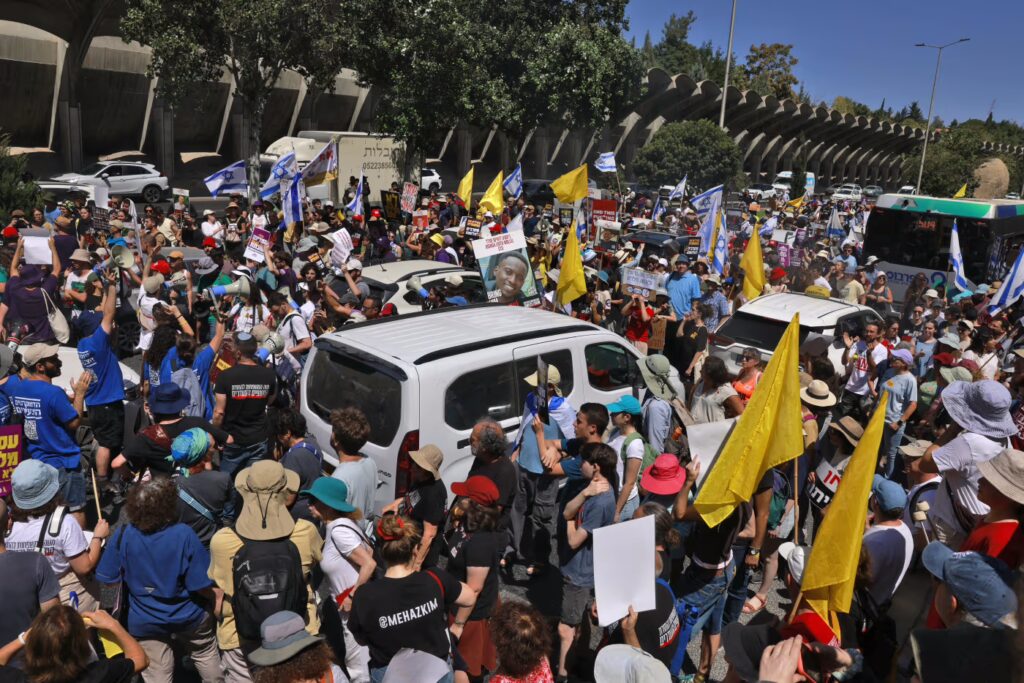
Polls Show Majority Want War to End
Recent surveys revealed that more than two-thirds of Israelis support a ceasefire, highlighting fatigue after months of ongoing fighting. The data underscores a significant gap between public opinion and the direction of government policy.
Political analysts noted that the protests mark a turning point in domestic attitudes, as frustration is no longer limited to small activist groups but is now voiced by a broad section of society. This widening opposition could reshape the political landscape and increase pressure on leaders to reconsider their stance.
Government’s Expansion Plans
Despite the clear signs of public opposition, officials confirmed that military operations are set to expand. The government argues that continued pressure on Gaza is necessary to achieve security objectives. Critics, however, warn that further escalation could isolate Israel internationally while deepening internal divisions.
The contrast between widespread public calls for peace and the government’s pursuit of military escalation has become a central theme in the ongoing national debate. This clash is expected to intensify in the coming weeks if leaders remain unwilling to acknowledge public discontent.
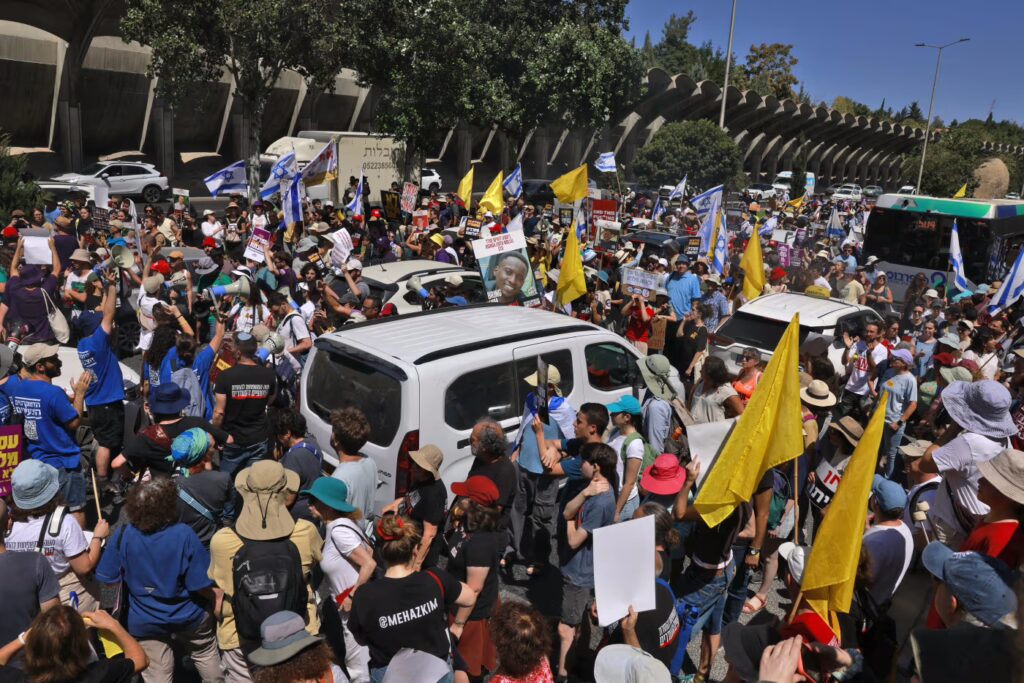
Rising International Attention
The protests have drawn international coverage, with observers highlighting the rare scale of civil disobedience in Israel. Human rights groups abroad have echoed the protesters’ demands, urging Israeli authorities to heed the voices of their own citizens.
Media outlets across the globe have reported on the demonstrations, noting the symbolic significance of such widespread dissent. The scenes of marches, banners, and strikes have amplified the message far beyond Israel’s borders.
For readers following related developments, Olam News previously reported on global protests concerning the Gaza conflict, which mirror the public outcry now visible inside Israel itself.
A Shift in National Mood
The protests also highlight a shift in the national mood, with many citizens calling for diplomacy and reconciliation rather than further violence. Families of soldiers, civil servants, and young activists were among those most vocal in demanding a different path.
Observers suggest that the growing chorus of opposition could eventually lead to new policy debates inside Israel’s parliament. However, with the government showing no signs of reversing course, the confrontation between public will and political leadership remains unresolved.
The protests in Israel stand as a clear message from citizens who want the Gaza war to end. While the government prepares to expand military action, the people demand peace and accountability. This divergence has placed Israel at a crossroads, where the voices of its citizens may ultimately shape the future course of the conflict and the nation itself.

